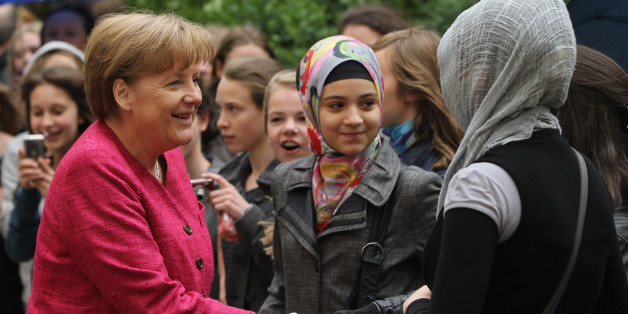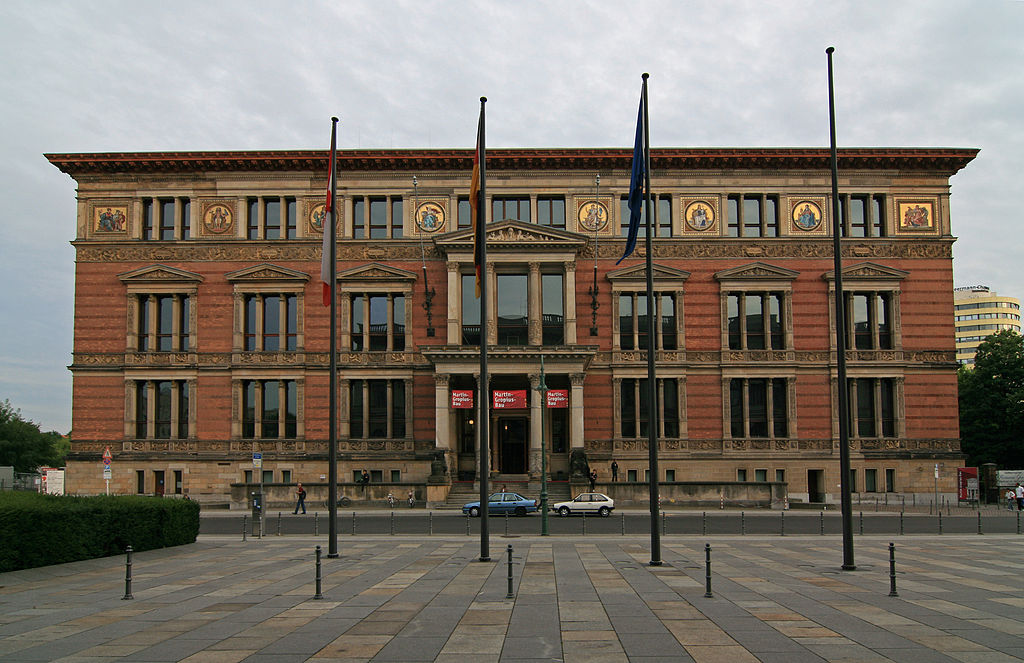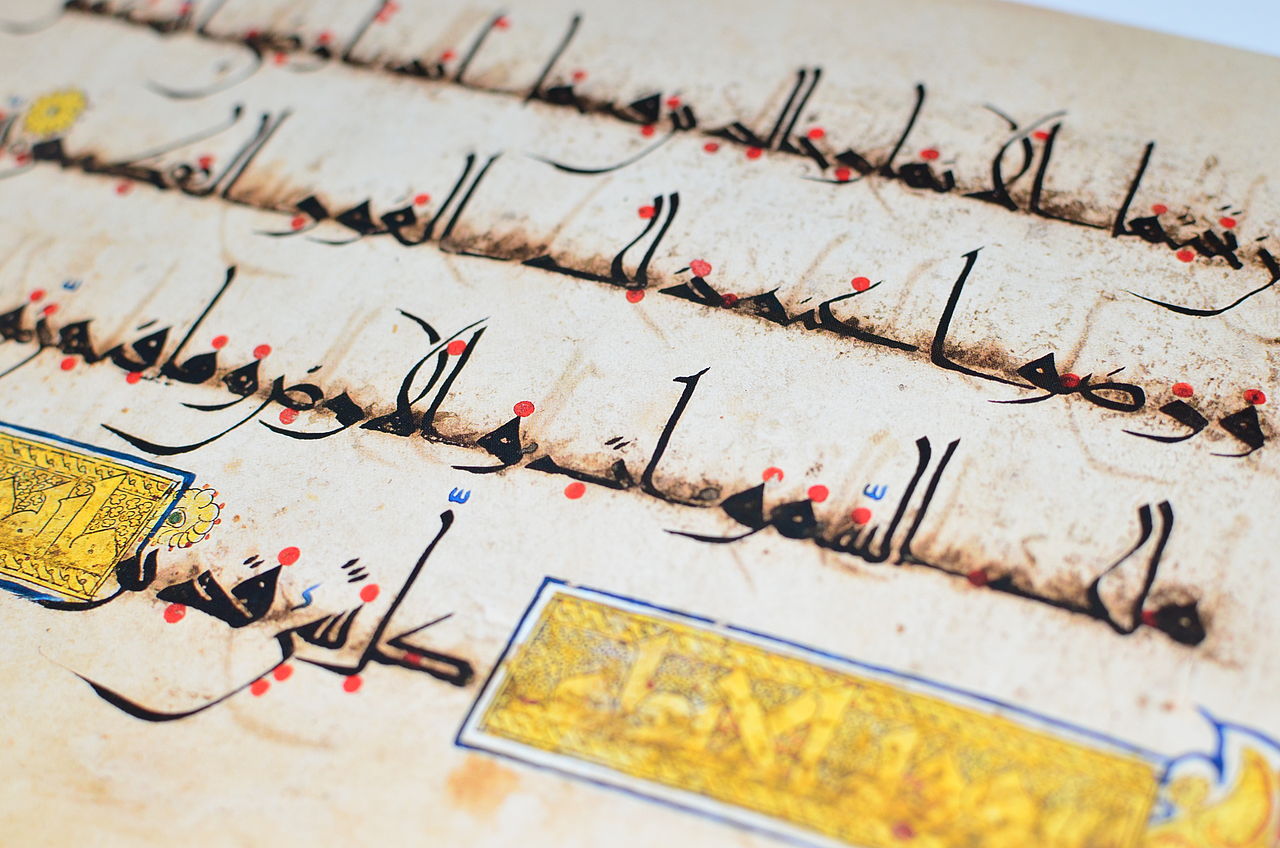
New German cabinet criticised for its lack of diversity
After months of arduous negotiations following September 2017’s federal elections, the new German government was sworn in on March 14. Complex personnel choices After the cornerstones of the coalition deal had been agreed upon in early February, the three participating parties – Angela Merkel’s Christian Democratic Union (CDU), its conservative Bavarian sister party CSU, and…





